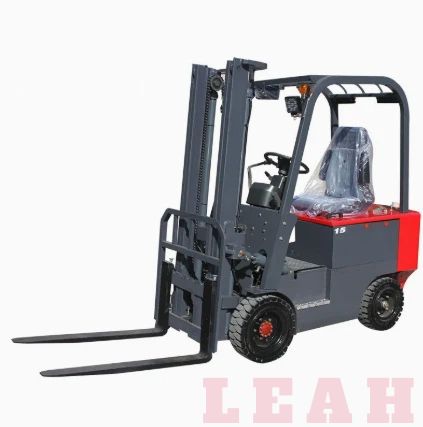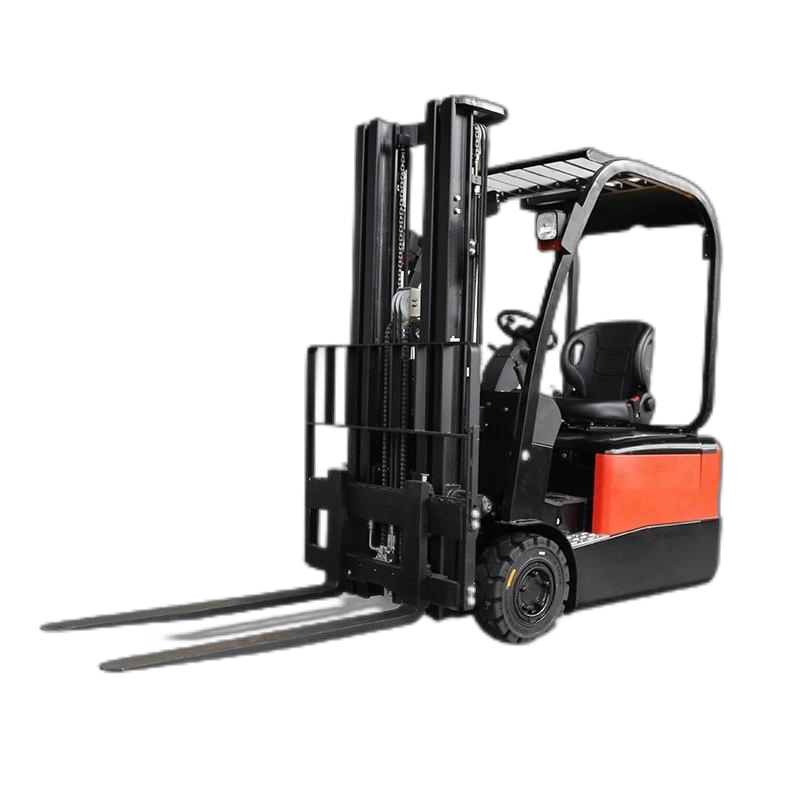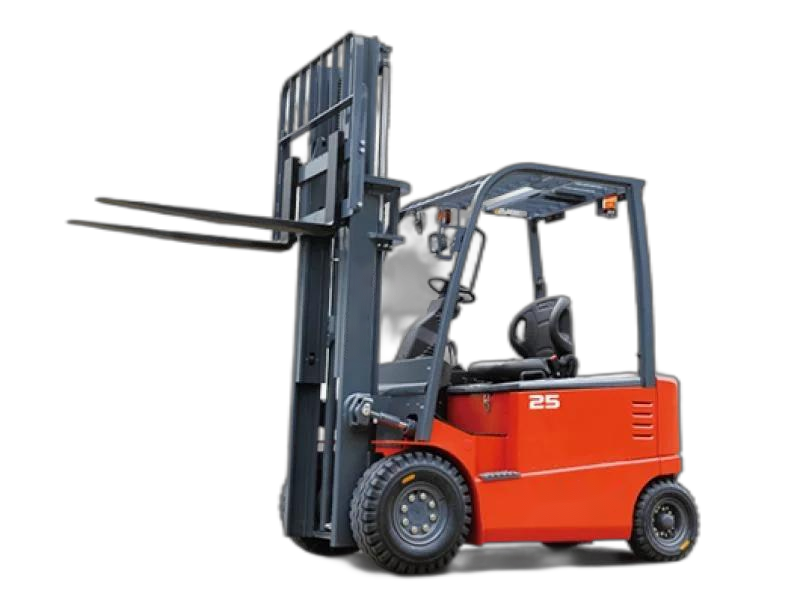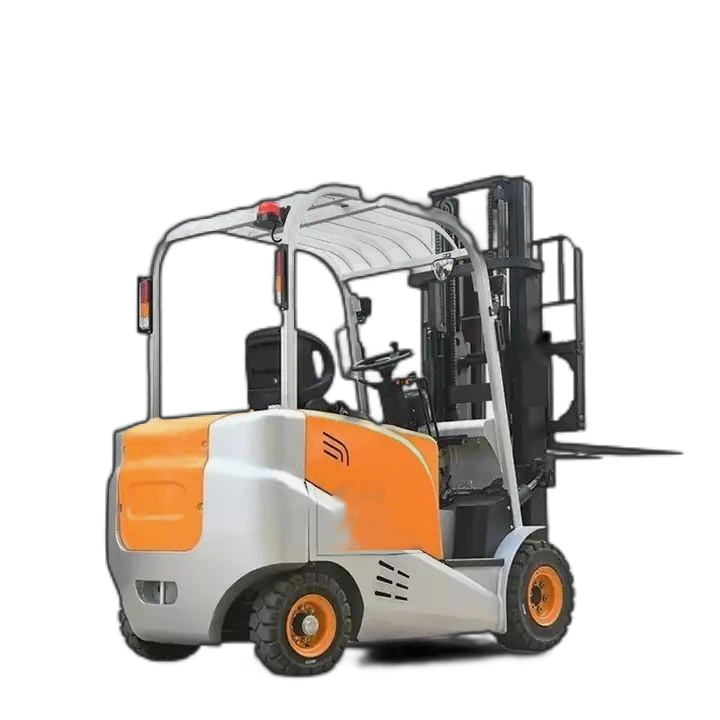LPG forklifts are forklifts that use Liquefied Petroleum Gas (LPG for short) as fuel. The following is a detailed introduction to them:
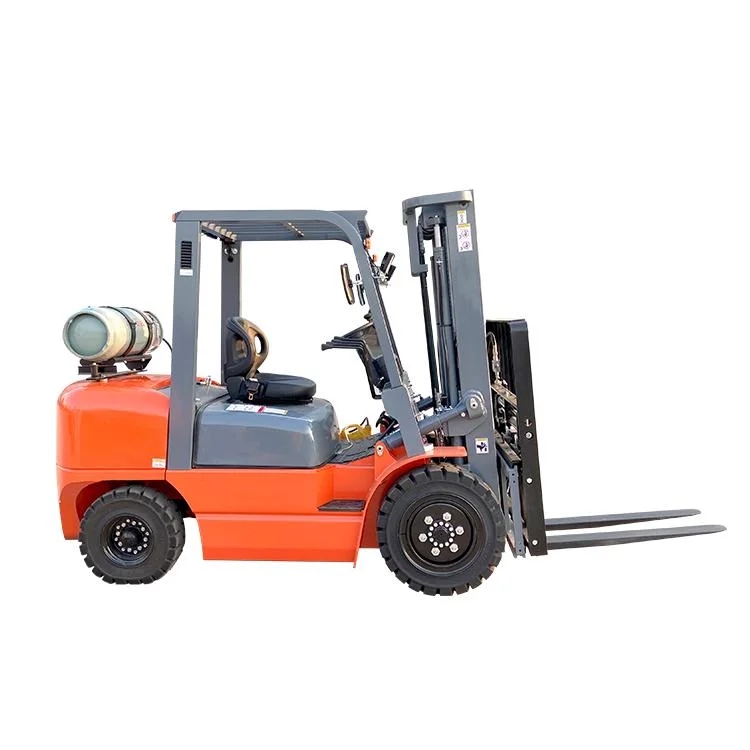
Features
- Good power performance: LPG forklifts are equipped with powerful engines, delivering excellent output power and torque. Compared with diesel engines of the same model, their power and torque are typically increased by 5%-10%. They can easily handle various material handling tasks and perform excellently in acceleration, climbing, and lifting heavy objects.
- Clean emissions: LPG is a clean energy source, and its exhaust emissions after combustion are far superior to those of diesel and gasoline forklifts. Using LPG as fuel can reduce CO emissions by 90%, HC by 75%, and NOx by more than 35%. There is basically no black smoke problem, which helps improve the working environment and protect employees' health.
- Good economy: Compared with diesel or gasoline, LPG is relatively low in price, which can save users a lot of fuel costs. Calculated based on current oil prices, using an LPG forklift can save about half of the daily diesel cost. In addition, LPG forklift engines have a longer service life, which can be extended by more than 一 (double), greatly reducing maintenance costs.
- High safety: LPG has a higher ignition point than gasoline and a large latent heat of vaporization, which has a self-cooling effect and reduces the risk of fire. Moreover, LPG cylinders have undergone various strict safety tests, such as physical tests, hydraulic pressure tests, explosion tests, etc., and are equipped with explosion-proof devices to ensure safety during use.
- Good operational comfort: LPG forklift engines run smoothly with low vibration and noise, providing operators with a quieter and more comfortable working environment. At the same time, their operating control devices are usually designed in line with ergonomic principles, making them convenient and flexible to operate and reducing the labor intensity of operators.
- Strong endurance: LPG forklifts have a long driving range, much longer than compressed natural gas forklifts and higher than diesel forklifts of the same tonnage. They can meet the needs of long-term continuous operations and reduce downtime caused by insufficient fuel.





